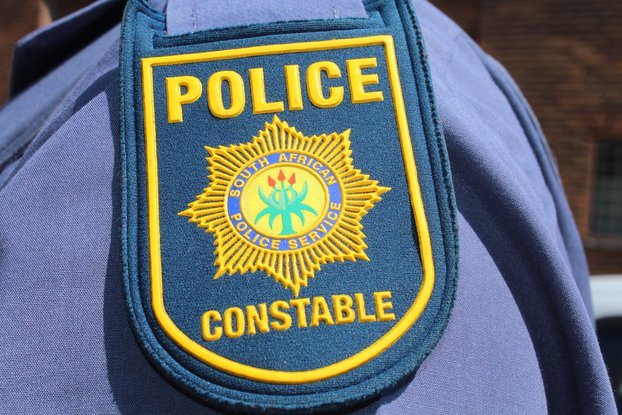News
“We Work in Silence”: Obsolete Tech is Crippling KwaZulu-Natal Police Work

Inside the 2025 report that exposes how SAPS officers are expected to protect millions, without even working radios
In some parts of KwaZulu-Natal, police officers are expected to respond to emergencies without functioning radios, reliable computers, or even proper phone lines. In 2025, that is the reality, and it is not only frustrating SAPS members but also putting lives at risk.
This week, a damning report was tabled before the National Council of Provinces (NCOP) in KZN, highlighting the dire state of policing infrastructure across the province. The findings are clear: SAPS in KZN is critically under-resourced, especially when it comes to the most basic tools of modern law enforcement.
Radios from another era
According to the report, many police stations are still relying on obsolete VSAT systems and analogue radios, which are no longer fit for modern operational demands. The 10111 call centres, meant to be the public’s emergency lifeline, are also running on outdated telephone systems.
In many rural and high-crime areas, officers have no choice but to use their personal devices to coordinate. The result? Delays, dropped signals, and a growing risk of miscommunication during high-stress call-outs.
“Officers are operating without reliable tools. It’s not just inefficient, it’s dangerous,” said Nthabeleng Molefe, provincial secretary of POPCRU. She confirmed the union has raised these issues before, but little progress has been made.
Case management failures and staffing shortages
The report also flagged severe gaps in case management technology, with outdated systems slowing down investigations and record-keeping. The shortage of two-way radios further hampers on-the-ground work.
Adding to the strain, the attrition rate of SAPS personnel in KZN is outpacing recruitment, creating an imbalance between experienced officers leaving and new ones entering. This has resulted in a worrying loss of institutional knowledge and operational capacity.
Budget cuts are hitting hard
According to the report, SAPS stations across the province are battling with budget limitations, which have delayed or prevented the installation of critical security infrastructure. In many cases, police garages and holding cells are deteriorating due to lack of funding for basic maintenance.
Some detainees are now being transferred to other locations far from where they were arrested, an operational headache that affects both investigations and court proceedings.
A province stretched too thin
KwaZulu-Natal is home to around 12.5 million people, policed by just over 23,000 SAPS members. That means one officer is responsible for protecting more than 500 people, not including foreign nationals.
The province has 184 police stations, 45 satellite stations, and more than 160 specialised units spread across over 94,000 square kilometres.
This would be a challenge even with the best technology in place. But with failing infrastructure, outdated tools, and staff shortages, it has become an almost impossible task.
Some relief: Mobile stations for hotspots
Not all news is grim. In response to rising concerns, KZN Premier Thamsanqa Ntuli handed over four new mobile police stations this week. These units will be deployed to known crime hotspots, including Inanda, Bulwer, Mbonambi, and KwaMakhutha, in an effort to improve police visibility and response times.
While welcomed, critics say this is a short-term patch to a long-standing, deeply rooted problem.
Who’s responsible for the mess?
According to one NCOP member, who asked to remain anonymous, part of the issue lies with the State Information Technology Agency (SITA), the central body responsible for ICT procurement for state entities like SAPS and Home Affairs.
“SAPS cannot buy their own equipment even when they have the funds. They’re locked into a system that simply doesn’t work,” the member said.
Silence from SAPS leadership
When asked for comment, Colonel Robert Netshiunda, spokesperson for SAPS KZN, declined to weigh in on the meeting. He said the NCOP had shared its views, and the police would not comment further on internal discussions.
A communication crisis, not just a tech glitch
The heart of policing is communication, and when the systems break down, so does the ability to serve and protect. Officers on the ground are being asked to do more with less, all while navigating crime hotspots and public pressure.
As POPCRU’s Molefe put it, “What good is a badge if you don’t even have a signal?”
Until the province sees meaningful investment in its police infrastructure and staffing, many officers will continue to work in silence, and the public will continue to pay the price.
Also read: Cracks in the Highway: R29 Billion SANRAL Scandal Snares ANC Councillor
Follow Joburg ETC on Facebook, Twitter, TikTok and Instagram
For more News in Johannesburg, visit joburgetc.com
Source: IOL
Featured Image: Oudtshoorn Courant















